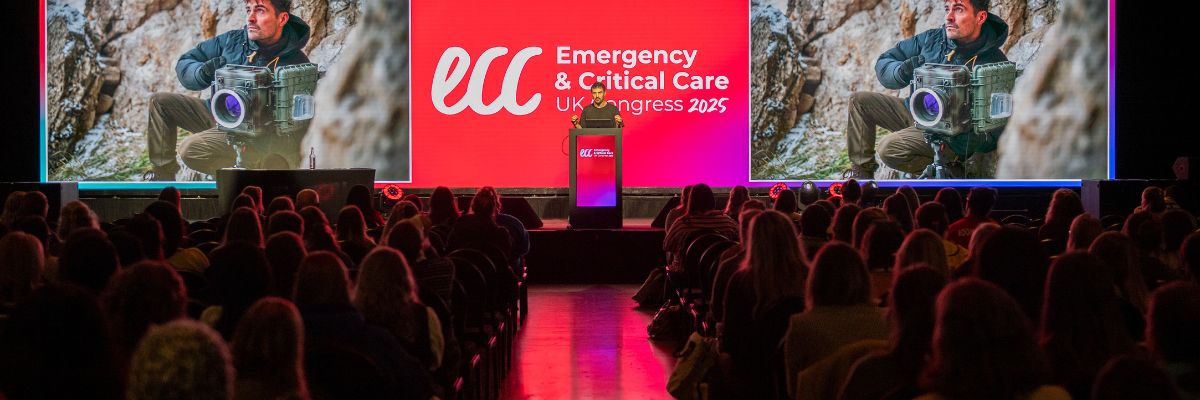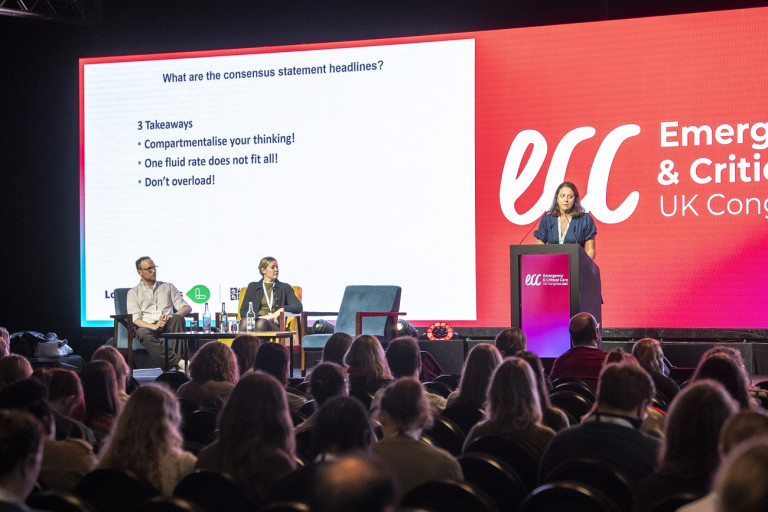Emergency and Critical Care UK Congress
6-7 November 2025
Leeds, UK
6-7 November 2025
Leeds, UK

Across two unforgettable days, we welcomed industry-leading professionals, shared 77 hours of CPD, delivered inspiring lectures and hands-on workshops, and explored the latest breakthroughs shaping the future of ECC.
Whether you were reconnecting with colleagues or joining us for the first time, your passion and involvement made this year truly special.
We’ll have more details about next years’s event coming soon. Watch this space!
If you weren’t able to join us this year, you can now access the full set of session recordings for a limited time and explore the highlights at your own pace.
With over 50 hours of CPD content available, the recordings provide an exceptional opportunity to stay informed about the latest developments in veterinary emergency and critical care.

Gain full access to recordings of all key sessions across various streams. Discover valuable insights from top experts in veterinary emergency and critical care.
An online version of the complete Congress programme is available for download here.
For a one-time payment of £250 + VAT, the recordings will remain available to access and replay until November 2026.
ECC Congress provides attendees with two days of access to a selection of carefully chosen exhibitors, all focused on meeting the needs of our delegates.
Our friendly and unique setting is the perfect location to engage with veterinary professionals at the UK’s largest event dedicated to emergency & critical care. If you are interested in exhibiting at next year’s event, please get in touch here ➡️
Our speakers are renowned for their expertise, experience and engaging presentation skills, and they are dedicated to sharing their knowledge and insights with other veterinary professionals.
We also welcome applications to feature as a speaker at next year’s Congress. If you are interested in speaking at next year’s event, please get in touch here ➡️